
Did the HoR Approve a Law to Legalize Illegally Acquired Assets?
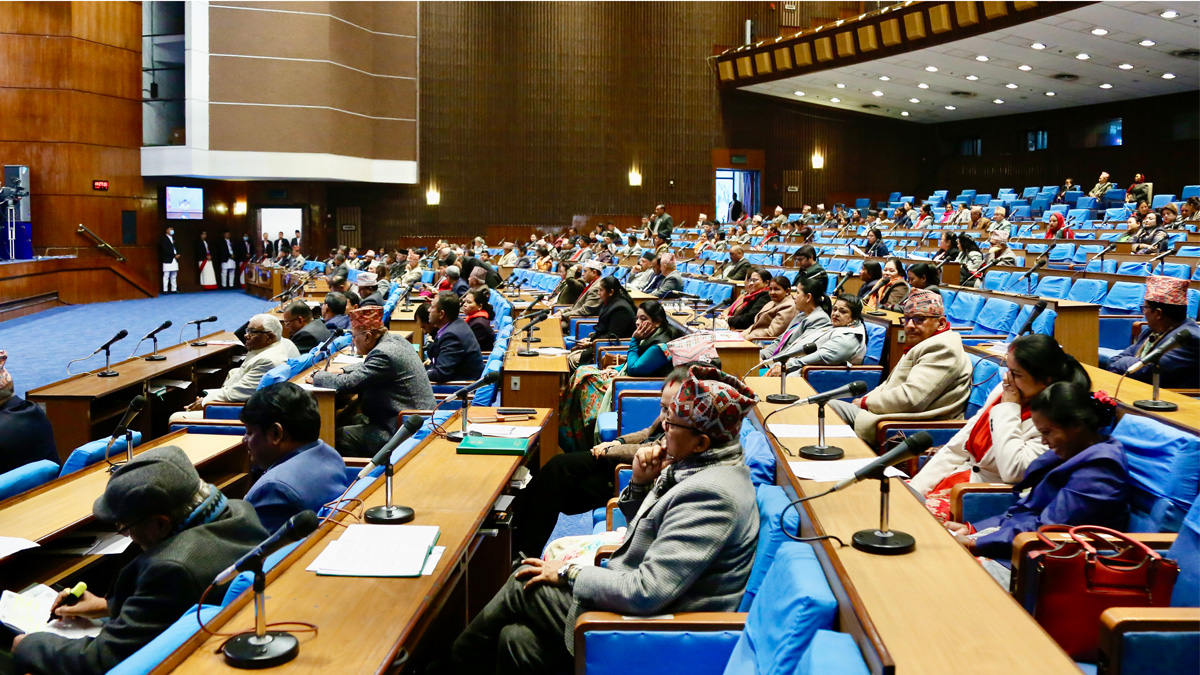
A provision in the bill for the amendment of the Money Laundering Prevention Act, which was passed by the House of Representatives (HoR) and subsequently sent to the National Assembly, has stirred controversy. Critics have raised concerns that the amendment could potentially pave the way for the legalization of unlawfully amassed wealth through taxation.
The bill, passed with a majority vote, faced opposition primarily from lawmakers representing the Rastriya Swatantra Party (RSP) and the RPP. Notable figures such as Sumana Shrestha, Swarnim Wagle, and DP Aryal of the RSP have strongly criticized the proposed amendment to Section 28 of the Money Laundering Prevention Act, alleging that it effectively legitimizes illicit income. These critics argue that the current framework of the Department of Money Laundering Investigation, having handled only 32 cases to date, lacks the necessary robustness to combat financial crimes effectively. They contend that the amendment creates a loophole through which illegally acquired wealth could be laundered and legalized.
Clause 28 of the Act, pertaining to assets acquired through money laundering, states that individuals suspected of possessing assets disproportionate to their known sources of income are required to substantiate the legality of their earnings. Failure to do so could result in the confiscation of said assets, irrespective of any criminal conviction.
However, former chief of the Department of Money Laundering Investigation, Rup Narayan Bhattarai, offers a different perspective on the controversy. Bhattarai asserts that the amendments aim to align Nepali legislation with international standards for anti-money laundering practices rather than endorsing the legalization of unlawfully obtained wealth. He clarifies that the amendment introduces a provision allowing individuals to pay taxes on assets that cannot be traced to criminal activities, provided they are unable to prove their source. Nevertheless, assets proven to be acquired through illegal means remain subject to confiscation, regardless of taxation.
Bhattarai underscores the distinction between money laundering as a secondary offense and the primary offense of illegally amassing wealth. He emphasizes that while money laundering charges may follow the establishment of the primary offense, the state cannot levy accusations of money laundering without evidence of the underlying illegal activity.
In conclusion, Bhattarai advocates for strengthening investigative capabilities to address the primary offense of illegally acquiring wealth, rather than compromising international legal norms. He stresses the importance of maintaining alignment with global anti-money laundering standards while concurrently addressing deficiencies in law enforcement capacities.
The debate surrounding the amendment to the Money Laundering Prevention Act underscores the complexities of balancing legal frameworks with the imperative to combat financial crimes effectively. As the bill progresses through the legislative process, stakeholders must reconcile differing perspectives to ensure the integrity and efficacy of anti-money laundering measures in Nepal.


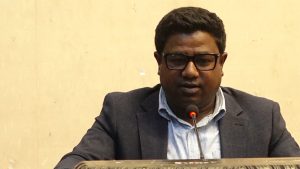
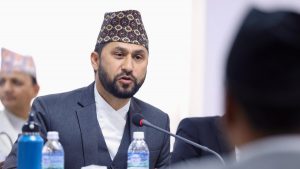
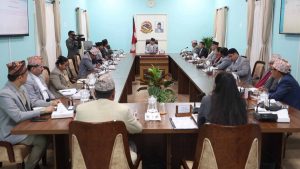

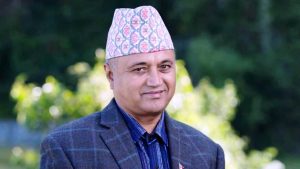
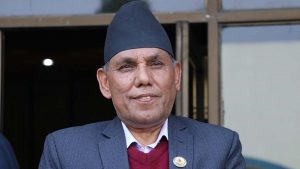






Comments